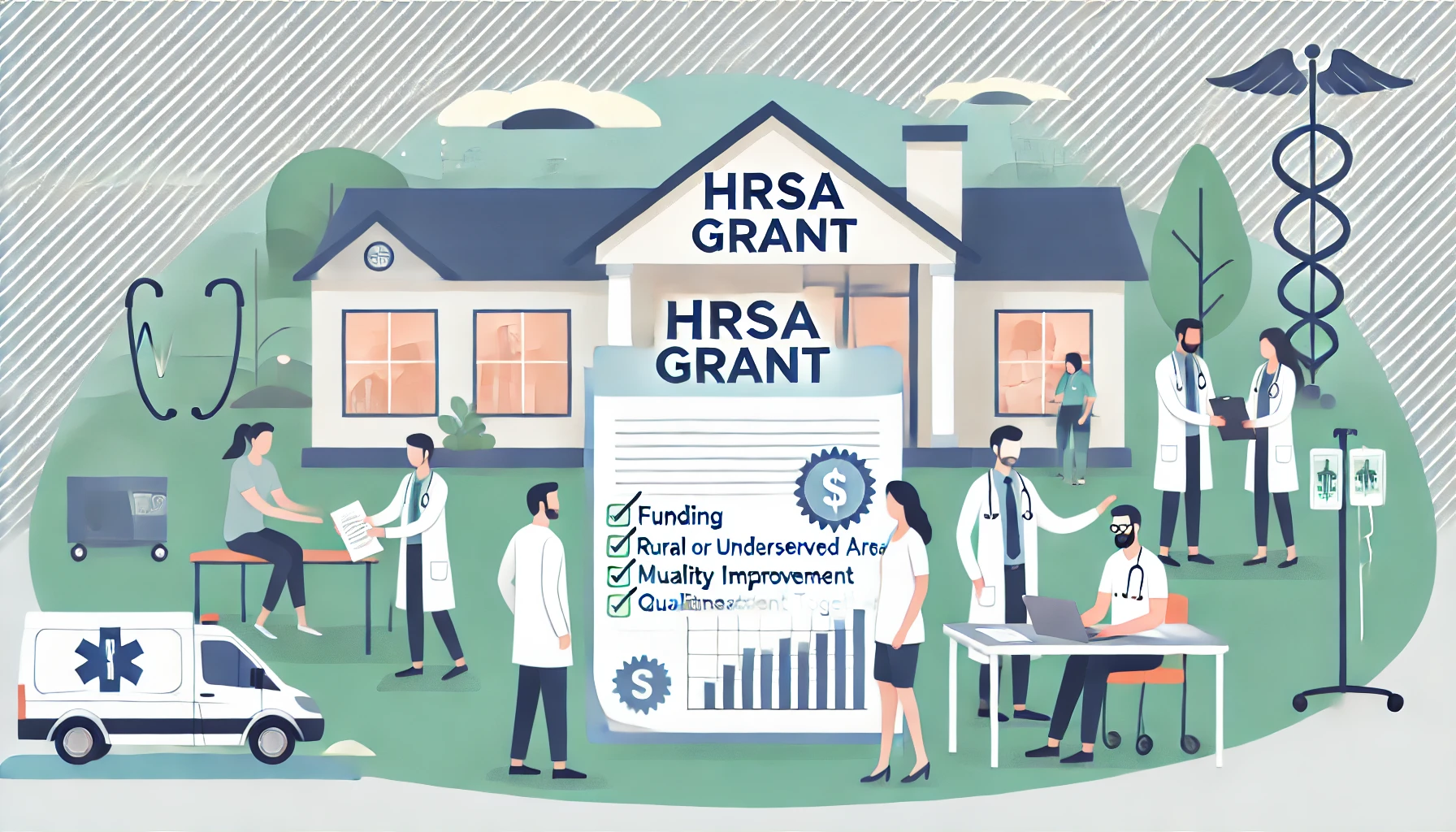
Table of Contents

The Impact of Early Resolution and Peer Review in Healthcare
To reduce litigation and improve patient safety, healthcare organizations are adopting early resolution programs and non-punitive peer review systems.

Shifting Away from "Deny & Defend"
The traditional "deny and defend" approach has limitations in promoting patient safety. However, early resolution programs have shown remarkable results. For instance, the University of Michigan Health System (UMHS) implemented an early resolution strategy, resulting in a 25% lower claims rate and a decrease in monthly liability costs. This proactive approach enables prompt resolution, mitigates financial risks, and restores trust between patients and healthcare providers.
The Power of Peer Review
Peer review is a valuable tool for quality improvement in healthcare. By transitioning to non-punitive peer review systems, organizations can foster collaboration, enhance learning, and ensure accountability. According to a study published in the Journal of the American Medical Association, 37% of patients felt that explanations and apologies could have prevented lawsuits. This emphasizes the importance of open communication and proactive engagement through peer review processes.
The Role of External Peer Review
External peer review adds an extra layer of objectivity and expertise to the evaluation process. By engaging independent professionals, healthcare organizations benefit from unbiased assessments and valuable insights. The Massachusetts Alliance for Communication and Resolution pioneered the CARe program, adopting a disclosure, apology, and offer approach. This model demonstrates the power of external peer review in resolving malpractice claims swiftly and effectively.
Building a Culture of Safety
Creating a culture of safety requires a comprehensive approach. By prioritizing patient safety, healthcare organizations can improve outcomes and reduce preventable harm. According to a report by the Agency for Healthcare Research and Quality (AHRQ), a strong safety culture is associated with reduced adverse events and improved patient satisfaction. Non-punitive peer review systems encourage open communication, foster trust, and empower healthcare professionals to learn from errors.
Looking Ahead
As the healthcare landscape evolves, early resolution and non-punitive peer review will play pivotal roles in shaping patient safety and quality care. Organizations must invest in these strategies to drive positive change and improve outcomes. By leveraging external peer review, embracing a culture of safety, and implementing early resolution programs, healthcare providers can make significant strides toward a safer and more patient-centric future.
In conclusion, early resolution programs and non-punitive peer review systems have the potential to revolutionize healthcare. With the power to reduce liability costs, enhance communication, and improve patient outcomes, these strategies are vital for fostering a culture of safety and continuous improvement. By embracing these transformative approaches, healthcare organizations can pave the way for a safer and more effective healthcare system.
Interested in fast, efficient case reviews to help your organization resolve early and avoid nuclear verdicts? Join our upcoming event and learn why top organizations rely on Medplace for case reviews.

Why Every Hospital Needs a Quality and Patient Safety Program
Every hospital needs a quality and patient safety program to reduce harm, improve care, and foster a culture of accountability.
.png)
.png)

HRSA FQHC Requirements: A Comprehensive Guide for Healthcare Providers
When it comes to federally qualified health center requirements, there’s no shortage of regulations, expectations, and—depending on your perspective—opportunities.
.png)
.png)

Unlocking Funding: A Guide to Health Resources and Services Administration (HRSA) Grants
Use HRSA grants to fund external peer review programs that enhance care quality, reduce bias, and support compliance in health centers.
.png)
.png)



.png)
.png)
.png)






.png)